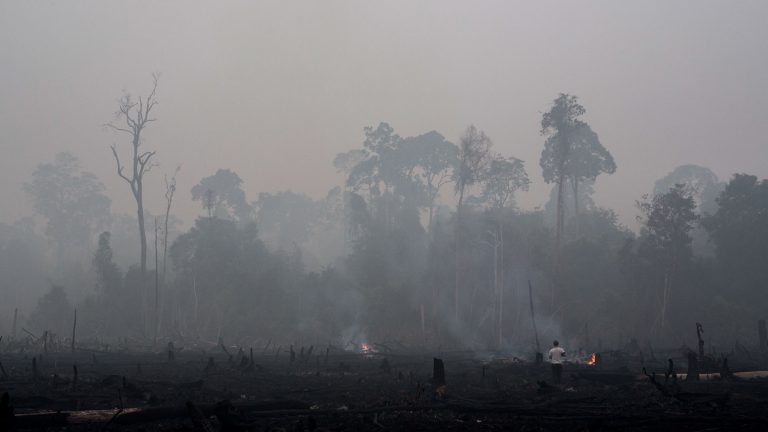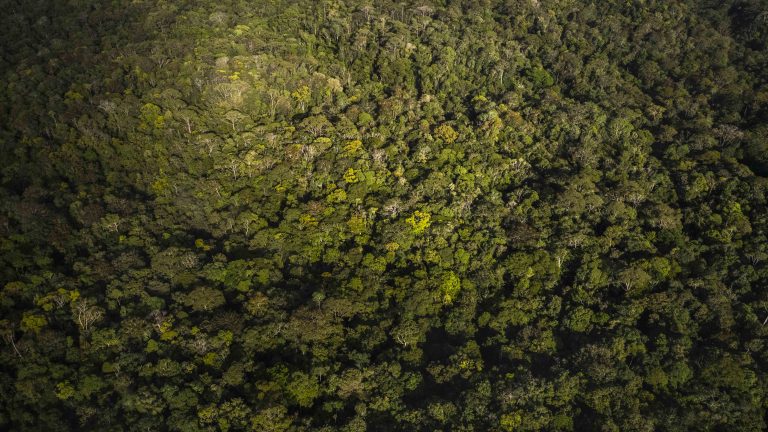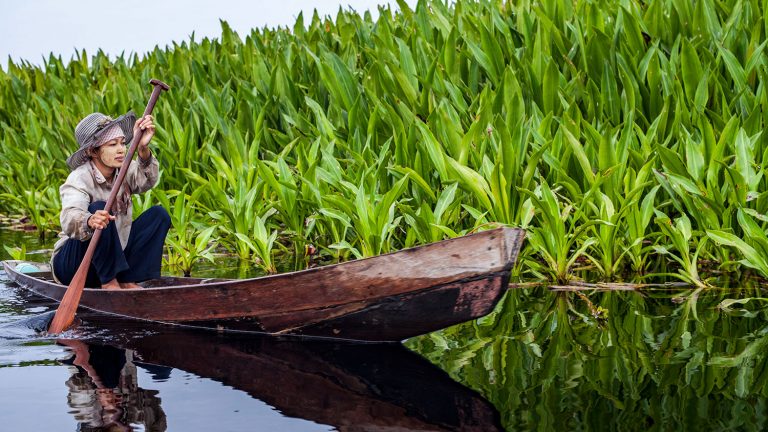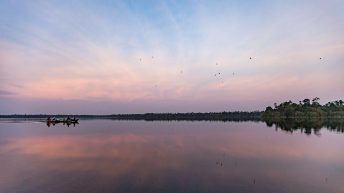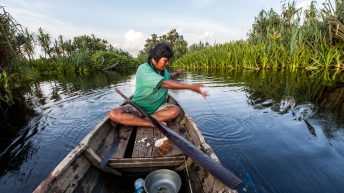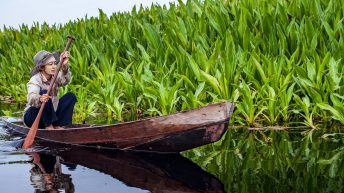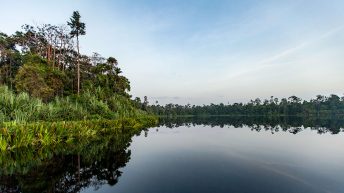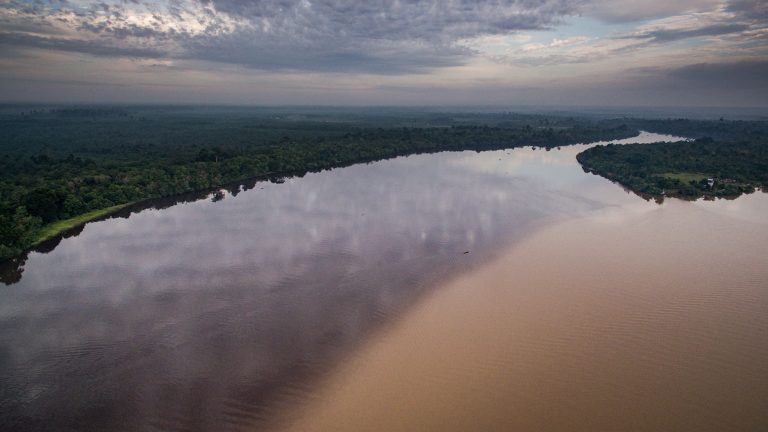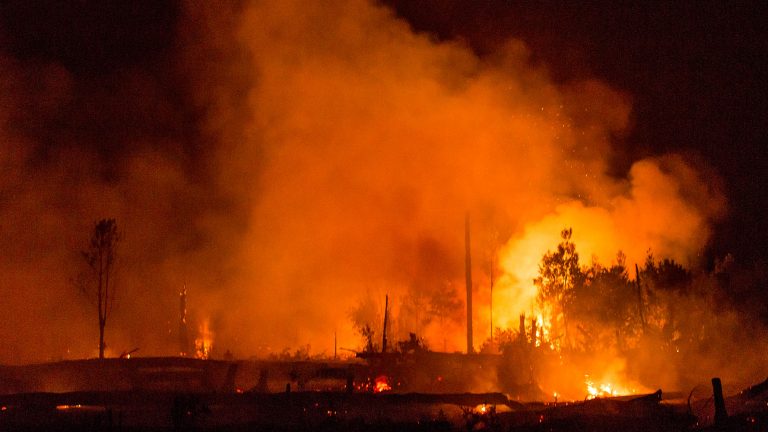Indonesia’s forest fires are emerging as a global threat and driving a public health emergency. Seen through the eyes of locals, ‘Forest fire families’ portrays the devastation the fires and smoky haze have on ordinary people.
Indonesia’s forests are the third largest in the world and its swamp-like peatlands are one of the world’s biggest carbon stores. But decades of forest clearance to make way for industrial scale plantations is creating a tinderbox.
Smoke from these fires add to air pollution and can be attributed to an average of 110,000 deaths per year. Business as usual cannot continue.
Tag - climate change
Indonesia bertekad mengurangi emisi karbon sampai dengan 41 persen pada tahun 2020, bila dunia aktif bekerjasama. Masalah global perlu diselesaikan secara global pula. Komitmen ini disambut baik oleh berbagai kalangan termasuk dunia internasional. Indonesia kini memiliki Badan Pengelola REDD+. Sebagai wujud tidak mengendurnya komitmen Indonesia untuk memastikan penerapan REDD+. Pertumbuhan kesejahteraan yang adil merata dan pengurangan emisi yang nyata adalah agenda kita. Pencegahan dan pengurangan emisi paling efektif dilakukan melalui tatakelola lahan dan hutan yang cerdas dan lestari. Program nasional REDD+ Indonesia, Reduksi Emisi dari Deforestasi dan Degradasi hutan dan lahan plus konservasi, tatakelola dan restorasi – Bukan Sekedar Karbon, dan Lebih dari Masalah Hutan! [Beyond Carbon, More Than Forest!] Kita hanya akan berhasil bila kita bekerjasama
Produksi: Badan Pengelola REDD+ Indonesia Editor: Nanang Sujana
The forest, river, and peat swamp in Serkap River is a vital ecosystem and a pocket of the world’s biodiversity. It is a place where a new species of fish was discovered. In addition, sustainable management of its fisheries sector can provide sustainable livelihoods for the community. The peat swamp forest of the Kampar Peninsula currently stores 7 billion tons of carbon, an asset to save the global climate. The peat swamp ecosystem can adapt to varying extreme conditions, such as seasonal fluctuations of water surface, acidic water, and low soil nutrients. This condition makes the biota that live here cannot be found in other areas.
The Kampar Peninsula is 700,000 hectares of peatland up to 15 metres deep, on the island of Sumatra, Indonesia. The peat contains more than 2 billion tonnes of carbon. 400,000 hectares of forest remain standing, 300,000 hectares have been converted to oil palm and pulp and paper plantations. All eyes are on the Kampar: loggers, carbon traders, and plantation companies including the giant RAPP pulpwood planter. But where does this leave the Akit and Melayu indigenous peoples who inhabit the peninsula? This film tells the human story behind one of the biggest carbon stores in the world.
Etnomusical Movie of Indonesian Forest


